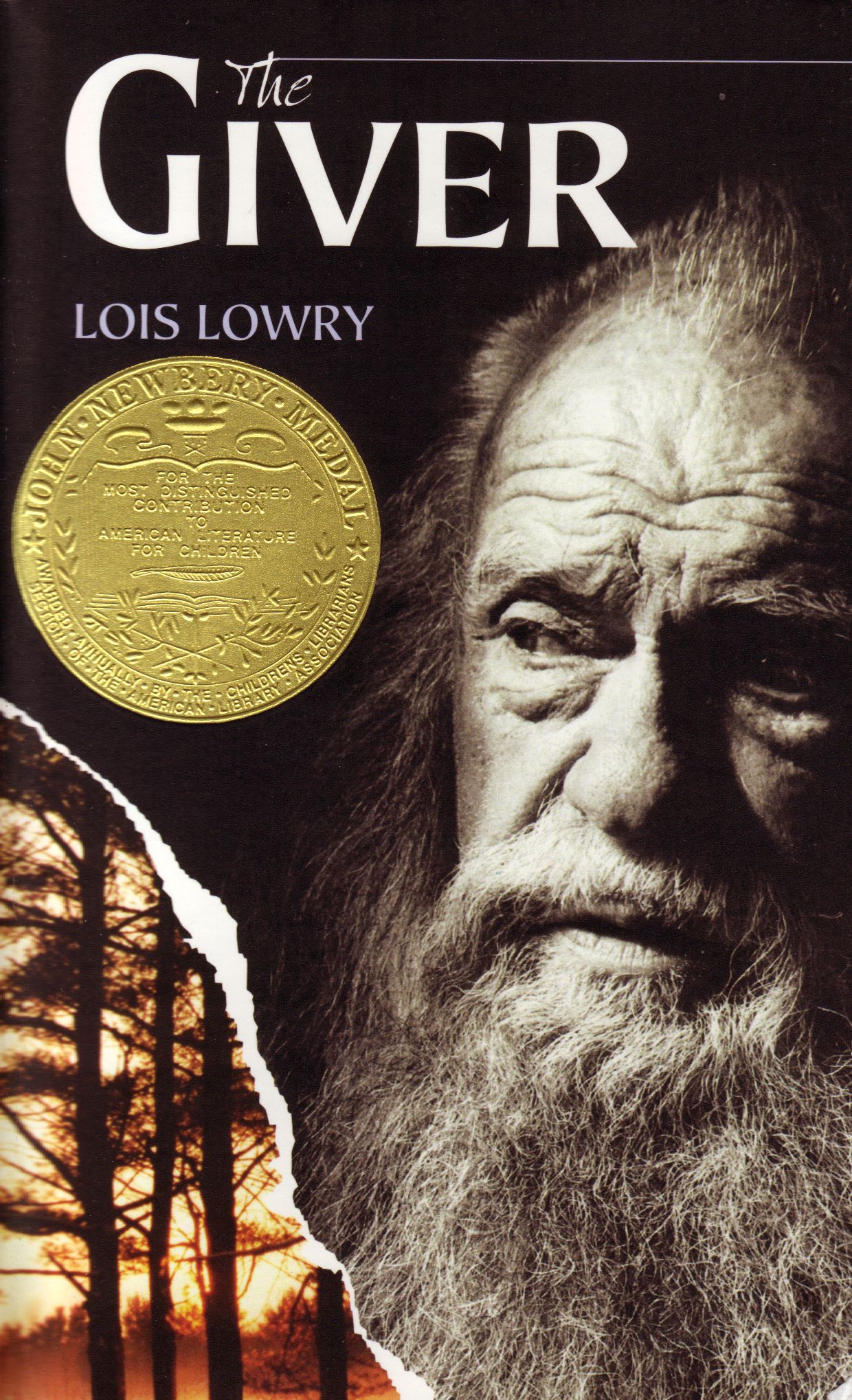The first book in the Changers series is about a young boy named Ethan who is just starting high school in a new town. When he wakes up on the first day, he's not really Ethan anymore. He's Drew. Drew is small and blonde. She's also a girl. And so begins the journey as Ethan finds out that he's part of a race called Changers: beings that are a different person for every year of high school, devoted to spreading good.
The first thing I really liked is that the Changing takes place during high school. I think that high school really molds a person, and it was interesting how the authors chose to take that to an extreme. The authors really portrayed how it must feel to wake up in the morning and be someone else, but still have the memories and thoughts of who you once were. Here's an excerpt that I think illustrates that.
My eyes are barely slitted as my head pops through the neckhole, and I catch a flicker of somebody in the full length mirror behind the door---WHAT THE? Someone else is in the room with me. I manage to pry both eyes open. Hel-lo there. I pull my shirt all the way down and step a little closer to the mirror. She's wearing the identical Slayer shirt, faded, with holes in exactly the same places. That blows; it was supposed to be one of a kind.
Wait, is this what my parents were fussing about? Some long-lost cousin or something? Some hillbilly relative?....Her name is probably "Brittney" or "Sunflower" or something innocent and dirty at the same time. This could be sweet.
I raise a hand, attempt a wave. She does the same. I rub my eyes like they do in cartoons, and look again. Cousin Brittney is kind of a babe, if I can say that in reference to a cousin without being too incesty about it. Long, straight, white-blond hair--the kind that doesn't come in a bottle--and wide, wild green eyes, a nice body. A little shorter than me. She's also...wearing my skull-and-crossbones boxers. That's weird.
Okay, I get it. This is a dream, the weirdest freaking dream I've ever had. And it's still going on. Duh, of course, because I was obsessing over getting a girlfriend before I fell asleep, now I've conjured myself an imaginary dream girl. Pathetic, sure. But hey, I'll go with it. I reach out to touch her, and she reaches out to touch me. We get closer. My eyes float down to her chest. My fingertips touch her fingertips in the mirror, and then for some reason my hands do a U-turn and land on my own chest. I look down, start lifting up my collar to peek inside.
Holy...
"MOOOOM!!" I scream in a high voice that startles me. My mom is in my room in seconds, takes one look at me, and commences jumping up and down like a three-year-old at a birthday party. She squeals over her shoulder to Dad, "It's a girl!"
As you can see, the authors portray the excitement of parents as contrasting with the confusion of the teenager in a comedic way. Ethan goes on to start "liking" (as, in middle school, like-like) two people: one, a fellow Changer boy named Chase, and the other, a regular girl named Audrey. It was cool to read about how Ethan adjusted to romance from a girl's perspective. The thing that defines a good YA book for me is how real it feels--how many things go wrong. It has to have a good balance of good and bad, otherwise it becomes too fantastical for me. Changers did that perfectly. None of the romances were predictable--you never knew who was going to "get the girl (or boy)".
I think that this book deals with almost every issue that a teenager will encounter, and serves as a reference for almost every mold-able young adult out there. The book takes on important problems that affect teens everyday--from being too short or too tall to being lesbian, gay, bisexual, or transgender, as well as being biracial or foreign. think that everyone should read this book and the rest of the series that will follow. It gives you a glimpse into what everyone else is thinking.
P.S. Here is the official Changers site! http://wearechangers.org/
P.P.S. The book comes out in February 2014.




